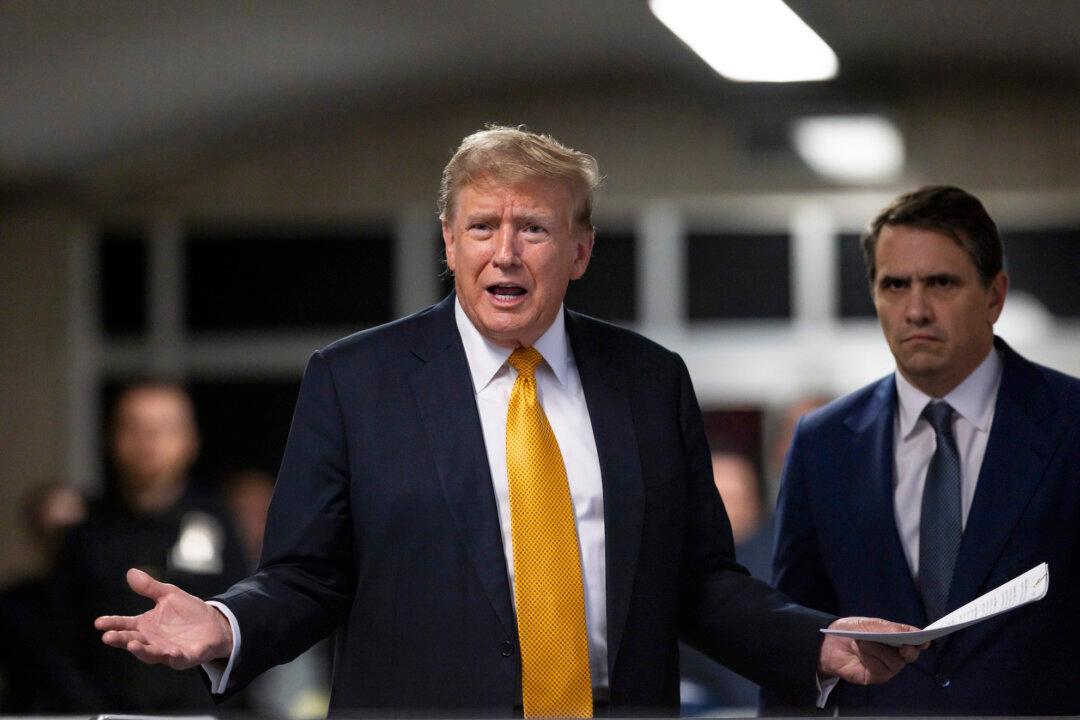Former President Donald Trump on Wednesday cited unfavorable rulings and the prosecution’s lack of a case as the reasons he declined to testify in his New York criminal trial.
After indicating for weeks that he was willing to take the stand, President Trump explained his decision during an interview with WABC Radio in New York. He attributed it partly to New York Supreme Court Justice Juan Merchan’s rulings throughout the trial, which he framed as unfavorable to his defense team.





